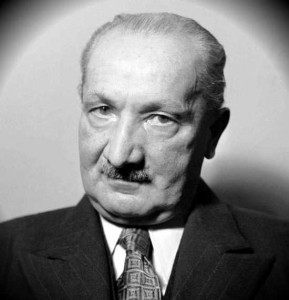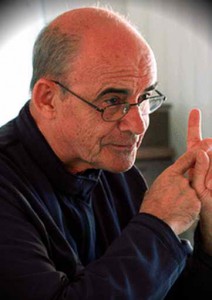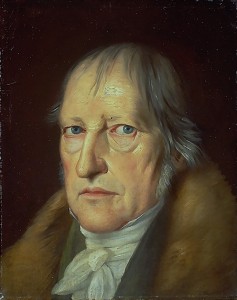 Philosophical historiography cannot be bound to text hermeneutics solely; it should strive for reconstruction of understanding, interpretation, appropriation, denial and criticism around the given philosopheme.
Philosophical historiography cannot be bound to text hermeneutics solely; it should strive for reconstruction of understanding, interpretation, appropriation, denial and criticism around the given philosopheme.
Thus, the branch of Rezeptiongeschichte is a promising direction of historical studies of philosophy. Let us assume that reception is interpretation taken with its consequences both in philosophical and non-philosophical aspects of philosophical thinking. Continue reading






